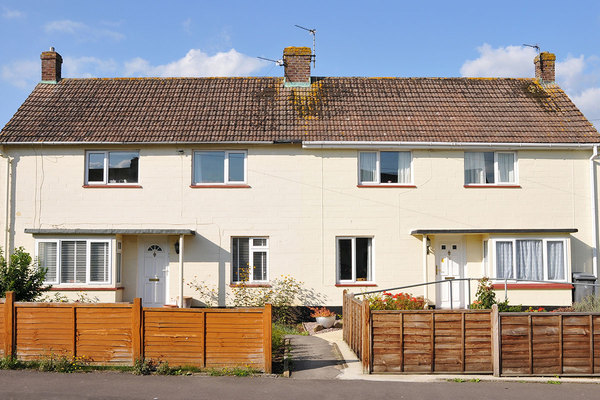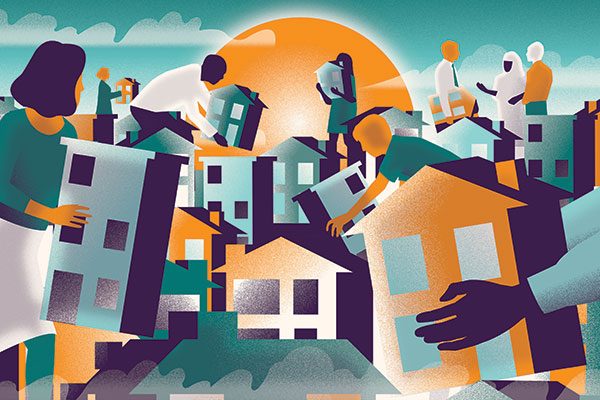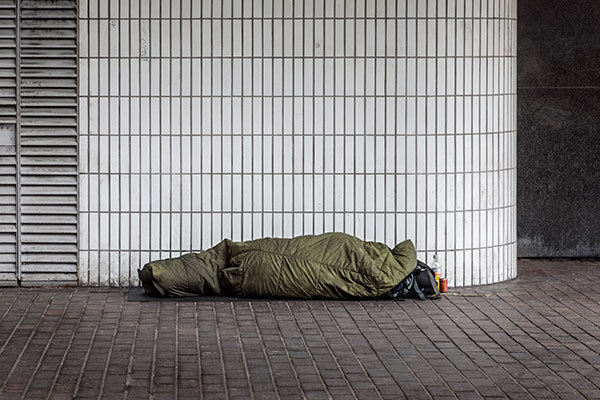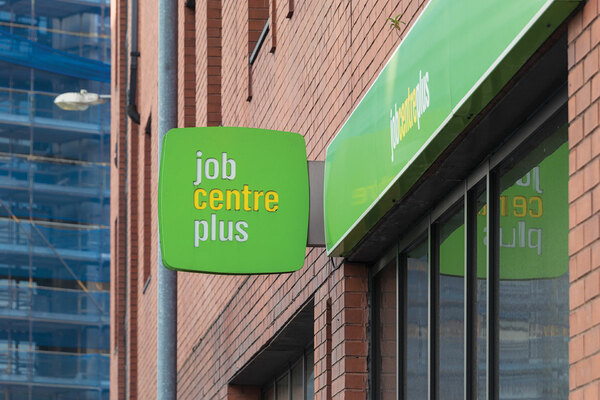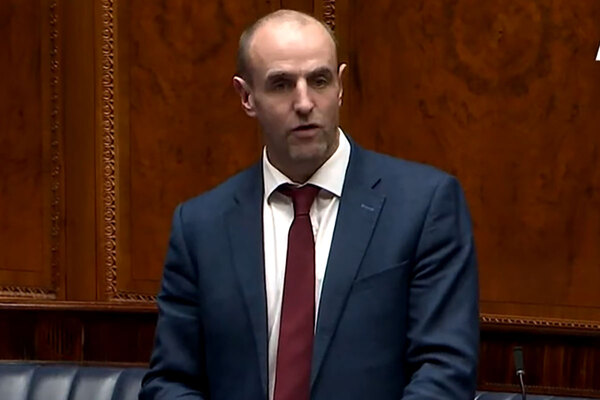You are viewing 1 of your 1 free articles

The housing emergency is working against efforts to build stronger communities
If we’re really going to rebuild communities, families need homes in which they can put down roots. The reality for many is that this means we need much more social housing, writes Chris Wood
The outpouring of community spirit has been a light in the darkness of the past nine months. Thousands of mutual aid groups sprung up, hundreds of thousands signed up to volunteer, and businesses and charities made extraordinary efforts to help.
But what happens now? Can we sustain and use this spirit to rebuild communities across the country?
The long-term indicators aren’t good. Volunteering has been in decline for years – and although people say they want to belong, nearly three-quarters feel their community has declined in their lifetime.
As thinktank Onward’s new report finds, decades of government efforts to revive ‘left-behind’ communities have made little difference. Initiatives have tended to focus on investing in local infrastructure or giving areas more power, with the hope that economic growth and local pride will create stronger communities.
But the housing emergency is working against this. People’s lives are becoming less secure, and housing is at the heart of this lack of security.
Homeownership is increasingly out of reach, so more and more families are renting privately. Yet people are much less likely to feel they belong to an area if they rent privately than if they own their own home or live in social housing. No wonder. With nearly three-quarters of private renters having lived in their home for less than five years, and nearly a million moving each year, private renters simply aren’t staying long enough to put down roots.
It’s not just that people choose to move – it’s that many have no choice. The places they live and work in are much less secure than they used to be. More and more people are on zero-hour contracts.
Social housing, which provides secure tenancies at rents tied to local incomes, is scarce – despite more than a million households on waiting lists, there was a net loss of 17,000 social homes last year. So increasing numbers rely on private landlords who can charge high rents and have the power to evict their tenants for no reason.
Shelter sees the impact of this insecurity every day. People who have signed up for three or four different jobs, only to get no hours or lose their employment with no notice, leaving them unable to pay the bills.
Families forced to move their children to a new school every few years because their tenancy ends and they can’t find anywhere affordable. People so worried about upsetting their landlord and being evicted that they put up with a broken boiler, or skip meals so they can keep a roof over their head.
This is the result of a housing emergency that is characterised by a lack of homes that people can actually afford. Since the pandemic started, the government’s support has helped many people stay in their homes, but it’s done little to tackle the insecurity of private renting.
In fact, the past year has highlighted this insecurity. Within only three months of the first lockdown starting, 200,000 private renters had fallen behind with their rent. Tens of thousands became homeless, with more likely to follow after the ban on evictions by bailiffs ends.
“Since the pandemic started, the government’s support has helped many people stay in their homes, but it’s done little to tackle the insecurity of private renting”
Being able to move and adapt are often seen as assets in our modern society. But how are people supposed to put down roots if they have to move to a new area every few years? How can people contribute to their community if they’re focused on getting work each week, where the next meal is coming from, or how they’ll keep a roof over their head?
If we’re really going to rebuild our communities, we need people to feel invested in their area. Families need to be able to put down roots in a home they can afford, and one they can stay in. For the increasing numbers unable to buy a home, this means we need much more social housing across the country.
Only social housing can provide affordable, secure homes for the millions who need one, giving them the foundation to build their lives as well as build the strong communities we all want. The pandemic has proven that the spirit is there. But now it needs somewhere to live.
Chris Wood, assistant director of research, policy and public affairs, Shelter
Sign up for our homelessness bulletin
Already have an account? Click here to manage your newsletters
